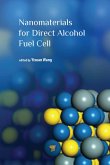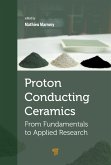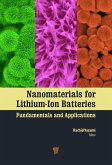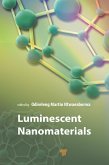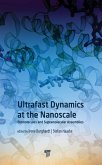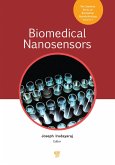Direct alcohol fuel cells (DAFCs), such as methanol and ethanol ones, are very promising advanced power systems that may considerably reduce dependence on fossil fuels and are, therefore, attracting increased attention worldwide. Nanostructured materials can improve the performance of the cathodes, anodes, and electrolytes of DAFCs. This book focuses on the most recent advances in the science and technology of nanostructured materials for direct alcohol fuel cells, including novel non-noble or low noble metal catalysts deposited on the graphene layer and metal-free doped carbon black for oxygen electroreduction reaction, Sn-based bimetallic and trimetallic nanoparticles for alcohol electro-oxidation reaction, and novel nanomaterials for promoting proton transfer in electrolytes. In addition, the book includes chapters from not only experimentalists but also computational chemists who have worked in the development of advanced power systems for decades.
Illustrated throughout with excellent figures, this multidisciplinary work is not just a reference for researchers in chemistry and materials science, but a handy textbook for advanced undergraduate- and graduate-level students in nanoscience- and nanotechnology-related courses, especially those with an interest in developing novel materials for advanced power systems.
Dieser Download kann aus rechtlichen Gründen nur mit Rechnungsadresse in A, B, BG, CY, CZ, D, DK, EW, E, FIN, F, GR, HR, H, IRL, I, LT, L, LR, M, NL, PL, P, R, S, SLO, SK ausgeliefert werden.



